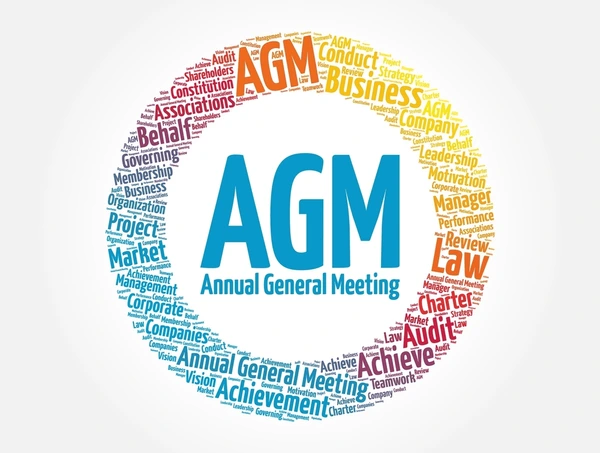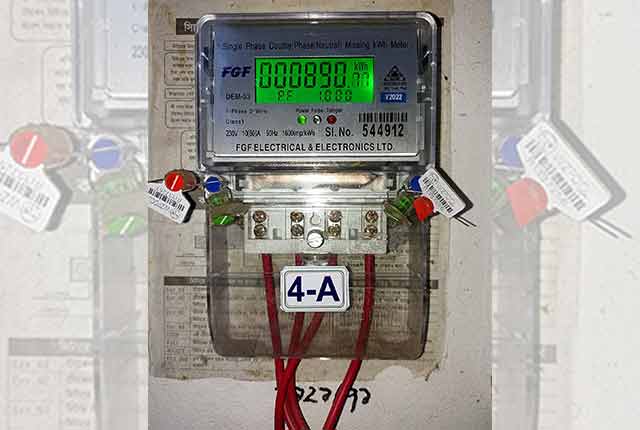The non-buoyancy of many of the Distribution Companies (Discos) and the perceived opacity of the project details may pose serious challenge in the implementation of the bilateral power contracts, which the Nigerian Electricity Regulatory Commission (NERC) has instructed some Discos to activate with Generation Companies (Gencos), THISDAY has learnt.
NERC had in a letter sent to three Discos namely: Eko, Ikeja, and Abuja, instructed them to commence implementation of the bilateral power contracts with Gencos with effect from March 31, 2023.
Eko and Abuja Discos have confirmed the NERC’s instruction, saying they were working towards commencing full implementation this year as instructed by the regulator.
Managing Director of Eko Disco, Dr Tinuade Sanda, was the first to reveal the proposed bilateral contracts during an exclusive interview with THISDAY.
“I know that the regulator has been talking about Eko, Ikeja, Abuja Discos being the excellent Discos to start full bilateral. What it means is that we are looking to implement bilateral before the end of this year. When this commences, we will be dealing directly with the Gencos and that is when the real change will start in the power sector.
“So, I will buy the energy that I want, I pay for the energy I want, there is gas commitment for the energy that I want to buy. And at the same time, I know that the regulator is trying to be careful in ensuring that they are able to balance the grid, they are able to balance every other interest because everybody in Nigeria is also important, they are all entitled to receive power,” Sanda disclosed.
Also confirming the instruction by the regulator to commence the bilateral contract with Gencos, Chief Marketing Officer, Abuja Disco, Mr. Donald Etim, said: “Regarding your inquiry yesterday, I can confirm that our utility company Abuja Electricity Distribution Plc (AEDC) is one of the distribution companies instructed by the industry regulator, NERC, to commence processes to enter into bilateral contracts with generating companies. Consequently, we as a responsible organisation have been engaging with the regulator with a view to complying with this directive.”
This bilateral power contract is coming after the failure of the Partial Activation exercise superintended by NERC and the Nigerian Bulk Electricity Trading Plc (NBET), with the target that at least 5000 megawatts (mw) of power was generated, paid for 100 per cent and successfully delivered to consumers on a daily basis with effect from July 1, 2022.
But Gencos attributed the collapse of the partial activation to the imposition of the contract and its terms on them, as well as the lack of key contractual details in the agreement document handed to them by the regulator.
While bilateral contracts may be a boost for the market, however, the indebtedness and poor financial positions of most of the Discos in Nigeria, coupled with alleged lack of detailed plan that shows how Discos will pay for energy bought, agreed sanctions for default by a party amongst other necessary factors have been identified as major concerns that may affect the success of the bilateral regime being promoted by NERC.
Of the 11 Discos that emerged during the privatisation exercise that took place in 2013, nine had been declared almost bankrupt by the Minister of Power, Mr. Abubakar Aliyu, with the exception of Eko, Ikeja, and Enugu Discos, which he said were making profits, while others were losing.
Aliyu raised the alarm mid December 2022 while speaking at the 11th edition of the President Muhammadu Buhari Administration Scorecard Series (2015-2023) in Abuja.
He revealed that the situation had forced the federal government to mandate banks to find serious investors interested in buying its 60 per cent equity in the Abuja, Kano, Kaduna, Benin, Ibadan and Port Harcourt Discos.
An official of one of the Gencos, who didn’t want his name in print, confirmed to THISDAY in a chat, that the bankruptcy of the Discos and the failure of NERC to provide a detailed implementation plan, which should have emerged from a stakeholder consultation, would pose a major challenge in the implementation of the bilateral contracting process.
He also faulted the lack of clarity in the mechanism for the actualisation of the process, attributing it to the absence of stakeholder consultation on a major step as the bilateral exercise that would involve Discos and Gencos.
“You need to find out from NERC what this entails. We need to know the processes. The truth is, as a regulator, you don’t just issue a directive without taking a 360 degrees view no matter how good intentioned that plan is.
“Now, what you can see is the fact that there is no stakeholder consultation on a major step such as this. How do we transition to bilateral with 11 bankrupt Discos? Has their situation changed? What changed them?. Please ask NERC for the steps, “the source said.
Efforts by THISDAY to get further clarifications on the exercise from NERC proved abortive as the regulator’s spokesman, Dr Usman Arabi refused to respond to messages sent to his phone as of the time of filing this report.
However, the Market Operator, Transmission Company of Nigeria (TCN), Mr. Edmund Eje, explained in a chat with THISDAY stated that implementing the bilateral contract was simple and that it had already started, adding that Eko Disco was taking the lead.
He explained that the process was such that when the Discos take energy from the grid or from any generator on bilateral basis, the Market Operator would compute all the energy taken and give them settlement statements accordingly.
“Yes, it’s a simple thing, It has started already. Eko has taken the lead, Eko is taking energy from the pool and of course entered into bilateral with another Genco. So, it’s working already.
“All that is involved there, is that whatever they have taken from the grid, whatever they have taken from any generator on bilateral basis, the Market Operator counts all the energies and gives them settlement statements accordingly. That’s the way it goes, “Eje said.
He noted that it was the belief of the nation’s power industry that bilateral understanding in electricity market was the way to go.
He recalled that in February 2015, Transitional Electricity Market (TEM) was declared with the principle that it will be a market stage where transactions were consummated by bilateral understandings.
Eje pointed out that there had been vesting contracts in tandem with bilateral agreements, saying what is obtained now is a kind of a hybrid market.
“We have not actually had pure bilateral market. As it is going now, probably, the vesting contacts might fizzle away and everything would be consummated by bilateral market. So, that’s the issue. The market is not that simple.
“There are some complexities somewhere, which will be handled by the regulator. The regulator is doing its best to make sure that this stage of the market takes off with immediate effect and then smoothly, “added.
In his intervention, a former Commissioner at NERC, Mr. Eyo Ekpo, told THISDAY that it was always expected by all stakeholders that at some point in the evolution of the power sector, the proper features of a market would evolve.
Ekpo said one of such features was bilateral contracting between Gencos or Independent Power Plants (IPPs) and their various buyers -Discos and Eligible Customers.
He maintained: “If NERC has assessed that the time has come for that evolution to happen, I expect that this would be the subject of a consultation process that would involve the various market participants.
“It is a process to arrive at bilateral contracts. Not a one-day or an instant event. There are various moving parts that need to align properly and I believe NERC will work with market participants to ensure this alignment happens so that at some point in the near future NBET’s existence (which we all knew would be temporary) sunsets or falls away and it transfers its contracts to Gencos (sellers) and Discos/Eligible Customers (buyers) who would then contract market-driven commercial relationships amongst themselves.”



